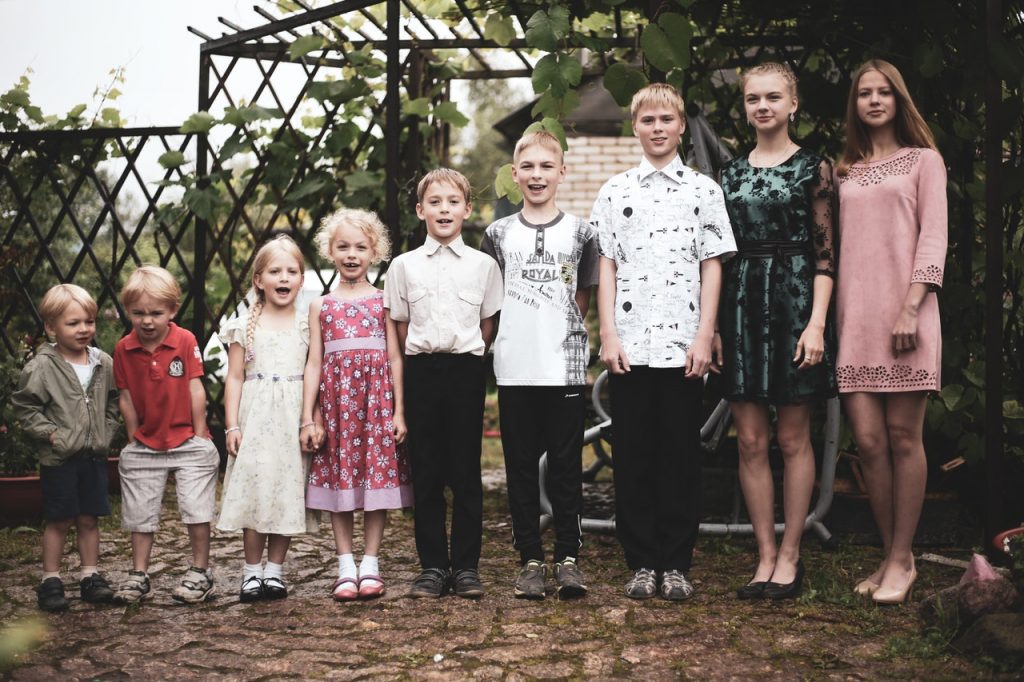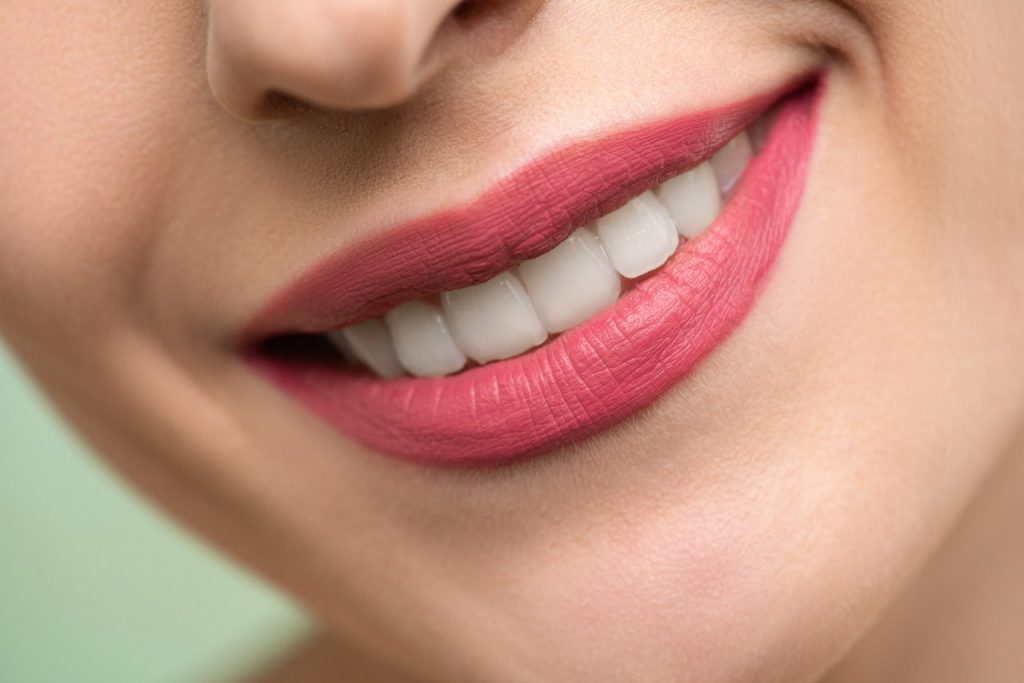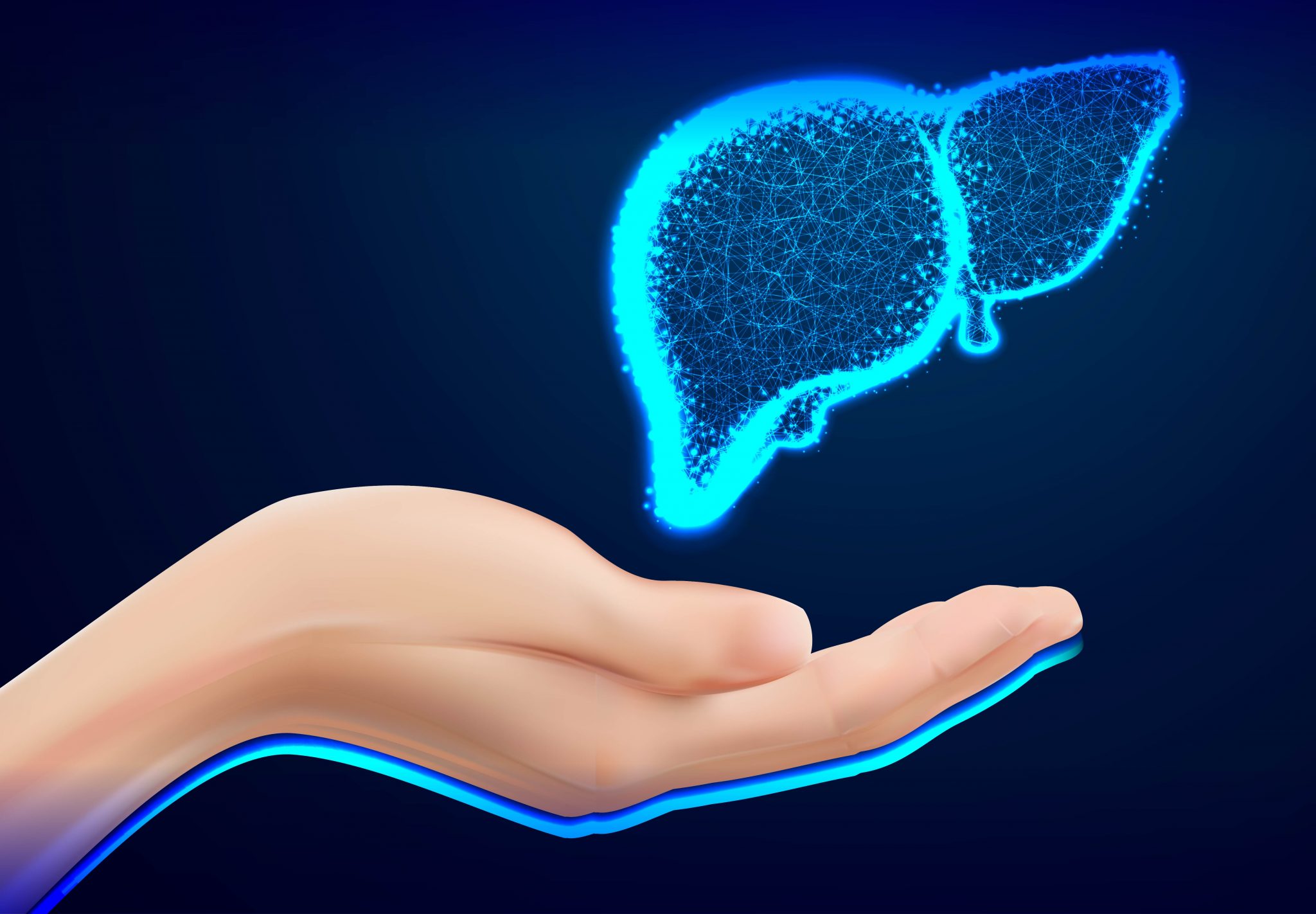Father’s day is just around the corner and the man of the hour requires his due appreciation. Our fathers strive to provide and inspire us to become not only a successful functioning adult but also motivates us to pursue our own dreams.

Fathers work hard to give us all the food and resources we need as we grow and prosper. But the most important treasures we acquire from our fathers are our GENES. What exactly do we inherit from our dads and how can we use this information to not only improve ourselves but also contribute back into their health.
1. Towering Heights

Have you ever wondered why you tend to be so much taller than your peers? If that is the case, then go home and thank your dad.
Researchers have found on average, about 70% of a person’s height tends to depend on the fathers. The rest is a result of lifestyle, diet, and health.
If your dad is not vertically gifted, all hope is not lost. Eat well, sleep well, exercise, and the curse may be broken!
2. Fertility

If you are a member of a large household, it is a good indication that you may have a chance to have a large family of your own too in the future.
Sperm quality, to be precise, has been shown to be highly inheritable. Scientists have found out that fathers with strong sperm quality tend to produce a large number of offsprings due to improved conceiving rates.
If this is the case in your family, rejoice as you may be able to fulfill your dream of having a prosperous large family. However, it is advisable to be more meticulous if you only plan to have a small family.
3. Pearly Whites

We often hear that a good smile makes or breaks our first impression. But what makes a good smile? Is it the whiteness of your teeth?
Well yes, but more importantly it’s your facial structure. The structure of your jaw, cheekbone, chin, eye spacing, nose. These attributes vary in every individual. Yet, sibling tends to look awfully similar because paternal genes which depict these features have been found to be more aggressive than maternal genes. Proportionate facial features contribute to a bigger, brighter smile with fewer chances of teeth crowding and dental health issues.
Well, more for a reason to smile more now. Don’t forget to practice good dental hygiene to keep them too.
4. A Sound Mind

Mental disorders inheritance are hard to determine. Health specialists have noted patterns of occurrence in family members, especially schizophrenia, attention-deficit/hyperactivity disorder (ADHD), and dementia.
These disorders have been found to be more prevalent if a father is of an older age. This has been associated with increased mutation rates in sperm DNA.
If you have noticed such patterns in your family tree, do not fret. This is good as you can now take extra necessary precautions early. Professional consultation could be sought after to adjust your lifestyle to a more positive way.
5. Your Gender

Yes seriously!
We know that the Y chromosome depicts our male gender which can only be obtained from our fathers. If you inherited an X chromosome from your father, you are definitely female. But, scientists have found that Y chromosome sperms tend to be higher than X chromosomes.
This means if your household shows a pattern for a majority of boys, then this will most likely continue down the family tree.
Thank you dad!
We can now thank our dads for providing us these gifts alongside the mountain of resources. While the simple traits mentioned are easily observable, there are a plethora of other inheritable genes that contribute to both positive potentials as well as negative disorders.
If you are more interested in learning about your parents’ genetic potential as well as yours, click here to learn more.
Also, don’t miss out on our limited-time Father’s Day Special promotion! Enjoy 50% OFF DNA Explorer Prime, which includes 121 insightful reports on your genetic disposition in health risks, fitness, nutrigenomics, and more.
Find out more at: https://bit.ly/AHFathersDaySpecial
References:
Abstracts from the 51st European Society of Human Genetics Conference: Posters. Eur J Hum Genet27, 1–688 (2019). https://doi.org/10.1038/s41431-019-0404-7
Immler, S. The sperm factor: paternal impact beyond genes. Heredity121, 239–247 (2018). https://doi.org/10.1038/s41437-018-0111-0
Rando O. J. (2012). Daddy issues: paternal effects on phenotype. Cell, 151(4), 702–708. https://doi.org/10.1016/j.cell.2012.10.020

